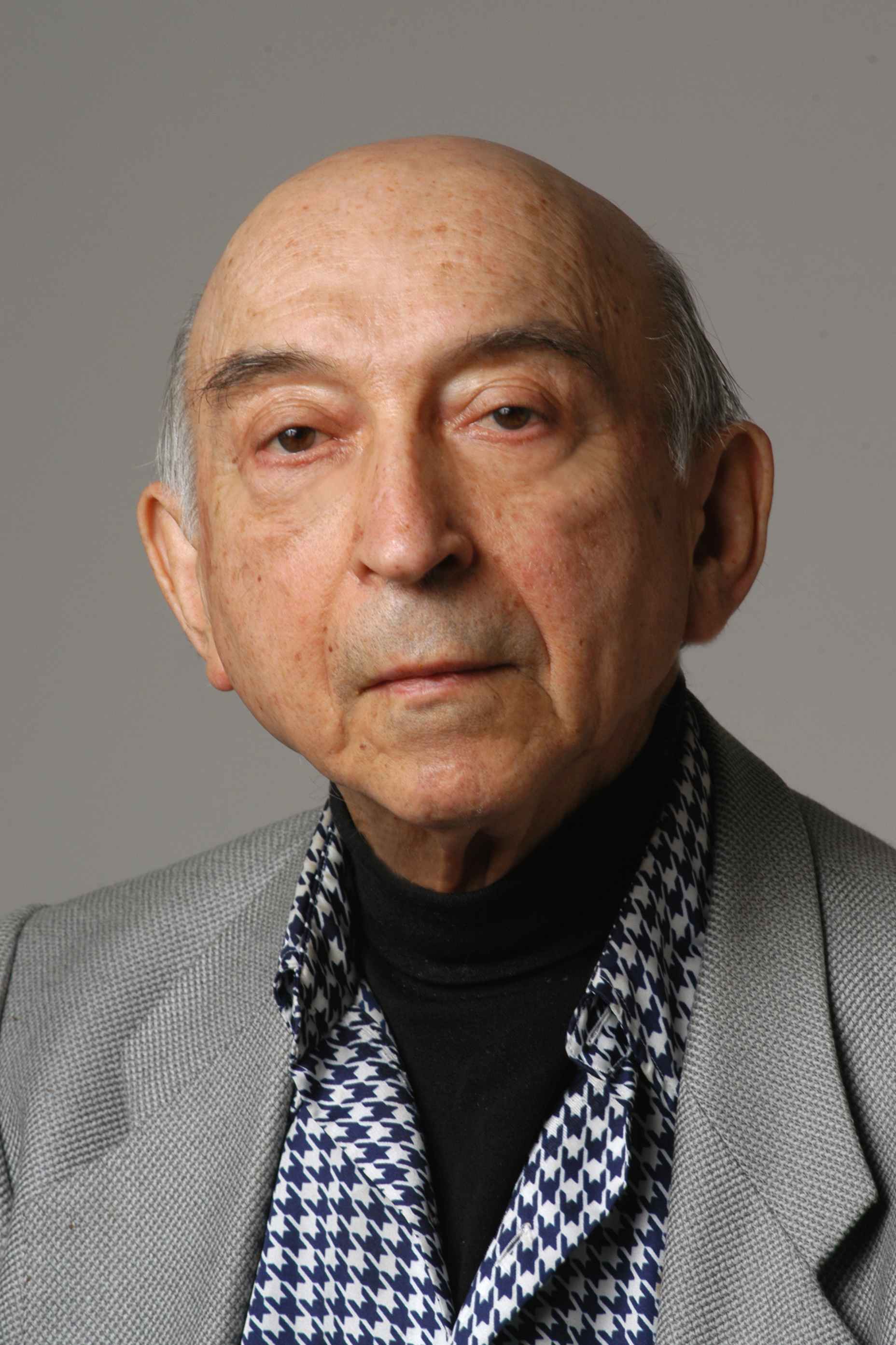Zadeh (1972) "Fuzzy languages and their relation to human intelligence". in: Proceedings of the International Conference Man and Computer, Bordeaux, France. Basel: S. Karger, pp. 130-165. cited in Gaines (1976) "Foundations of fuzzy reasoning" in: International Journal of Man-Machine Studies 8(6), p. 624
1970s
Famous Lotfi A. Zadeh Quotes
About "What kinds of applications have you been excited to see develop?"
1990s, Interview with Lotfi Zadeh, Creator of Fuzzy Logic (1994)
Source: 1970s, Outline of a new approach to the analysis of complex systems and decision processes (1973), p. 28
“To what degree is something true or false?”
Attributed to Zadeh in: " What is Fuzzy Logic? http://www.azer.com/aiweb/categories/magazine/24_folder/24_articles/24_fuzzywhat.html" in: Azerbaijan international Vol 2.4 (Winter 1994). p. 47
This quote is introduced as "The question Zadeh always insists upon asking".
1990s
Zadeh (1994) in: Betty Blair. "Short Biographical Sketch" http://www.azer.com/aiweb/categories/magazine/24_folder/24_articles/24_zadeh.html. Azerbaijan International, Vol. 2:4 (Winter 1994), p. 49.
1990s
Zadeh (1995) in Foreword of George J. Klir Fuzzy sets and fuzzy logic: theory and applications.
1990s
Lotfi A. Zadeh Quotes
Source: 1960s, Fuzzy sets (1965), p. 338
Answer to the question: "Back in 1965 when you published your initial paper on Fuzzy Logic, how did you think it would be accepted?"
1990s, Interview with Lotfi Zadeh, Creator of Fuzzy Logic (1994)
Source: 1960s, Fuzzy sets (1965), p. 338
Source: 1970s, Outline of a new approach to the analysis of complex systems and decision processes (1973), p. 30
Variant: A linguistic variable is defined as a variable whose values are sentences in a natural or artificial language.
Source: 1970s, Outline of a new approach to the analysis of complex systems and decision processes (1973), p. 28
Zadeh (1975) "Fuzzy logic and approximate reasoning". Synthese 30: p. 407
1970s
Response to the question: "How did you think Fuzzy Logic would be used at first?"
1990s, Interview with Lotfi Zadeh, Creator of Fuzzy Logic (1994)
Source: 1970s, Outline of a new approach to the analysis of complex systems and decision processes (1973), p. 28
Lotfi Asker Zadeh, George Jiri Klir, Bo Yuan (1996) Fuzzy Sets, Fuzzy Logic, and Fuzzy Systems: Selected Papers. p. 238
1990s
Zadeh (1962) "From circuit theory to system theory", Proceedings I.R.E., 1962, 50, 856-865. cited in: Brian R. Gaines (1979) " General systems research: quo vadis? http://pages.cpsc.ucalgary.ca/~gaines/reports/SYS/GS79/GS79.pdf", General Systems, Vol. 24 (1979), p. 12
1960s
In this context, what is important to recognize is that: (a) FL<sub>w</sub> is much broader than FL<sub>n</sub> and subsumes FL<sub>n</sub> as one of its branches; (b) the agenda of FL<sub>n</sub> is very different from the agendas of classical multivalued logics; and (c) at this juncture, the term fuzzy logic is usually used in its wide rather than narrow sense, effectively equating fuzzy logic with FL<sub>w</sub>
Zadeh (1995) in Foreword of George J. Klir Fuzzy sets and fuzzy logic: theory and applications.
1990s
